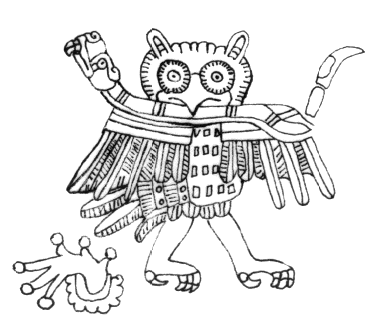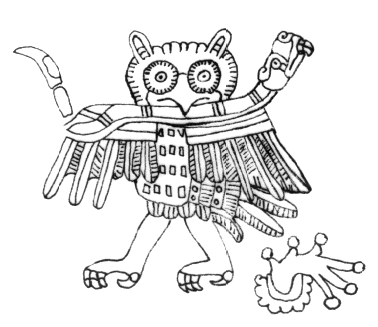捉え難い真理への探求と、人類学の研究倫理
Anthropological Vocation, by Clifford Geertz
捉え難い真理への探求と、人類学の研究倫理
Anthropological Vocation, by Clifford Geertz
池田光穂
「他の人々がわれわれを見るようにわれわれ自身を見 ることは、目を開かせるものとなろう。他の人々にもわれわれ自身と共有するところがあるとして見ることは、最低限の心得である。しかし、われわれ自身を他 の人々のさなかに見る、すなわちわれわれ自身を、人間の生がある地でとったかたちの固有(ローカル)の実例として、諸事例の中の一事例、諸世界の中の一世 界として見るというはるかに大きな困難を達成して初めて、それなくしては客観性は自己賛美となり寛容性は偽善となる類いの心の広さが得られ るのである。も し解釈人類学が果たす一般的役割というものがあるとすれば、この捉 え難い真理を教え続けることである」(ギアーツ 1991:24)
"To see ourselves as others see us can be eye-opening. To see others as sharing a nature with ourselves is the merest decency. But it is from the far more difficult achievement of seeing ourselves amongst others, as a local example of the forms human life has locally taken, a case among cases, a world among worlds, that the largeness of mind, without which objectivity is self-congratulation and tolerance a sham, comes. If interpretive anthropology has any general office in the world it is to keep reteaching this fugitive truth." (Geertz 1983:16)
ギアーツは、ちょっとややこしいレトリック(修辞) を使っているが、その文化人類学の実践上の含意は次のように思われる。
リンク
文献
その他の情報
+
Do not copy and paste, but you might [re]think this message for all undergraduate students!!!

